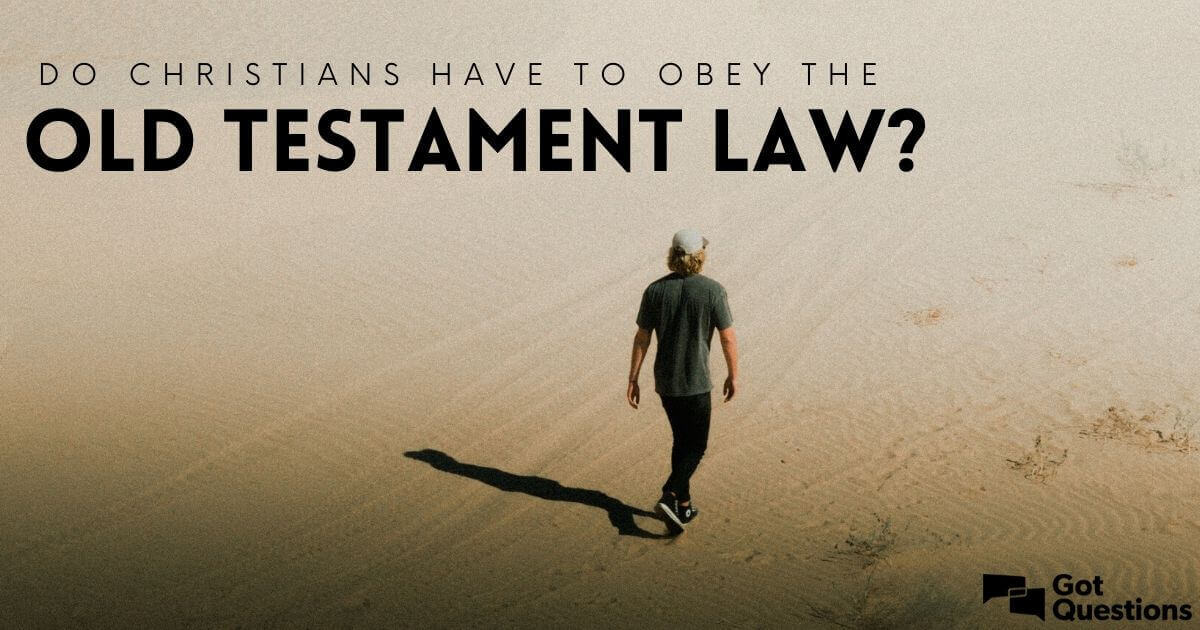Where does the Bible even explicitly command that women must be virgins before marriage anyway?
I think the bible says it explicitly in Leviticus but its also implied in multiple other passages. Of course I am not a Christian so my interpretation could be way off but for what its worth:
"They shall not marry a prostitute or a woman who has been defiled, neither shall they marry a woman divorced from her husband, for the priest is holy to his God."
And he shall take a wife in her virginity.
“If a man seduces a virgin who is not betrothed and lies with her, he shall give the bride-price for her and make her his wife. If her father utterly refuses to give her to him, he shall pay money equal to the bride-price for virgins."
"But if the thing is true, that evidence of virginity was not found in the young woman, then they shall bring out the young woman to the door of her father's house, and the men of her city shall stone her to death with stones, because she has done an outrageous thing in Israel by whoring in her father's house. So you shall purge the evil from your midst. “If a man is found lying with the wife of another man, both of them shall die, the man who lay with the woman, and the woman. So you shall purge the evil from Israel."
“If any man takes a wife and goes in to her and then hates her and accuses her of misconduct and brings a bad name upon her, saying, ‘I took this woman, and when I came near her, I did not find in her evidence of virginity,’ then the father of the young woman and her mother shall take and bring out the evidence of her virginity to the elders of the city in the gate. And the father of the young woman shall say to the elders, ‘I gave my daughter to this man to marry, and he hates her; and behold, he has accused her of misconduct, saying, “I did not find in your daughter evidence of virginity.” And yet this is the evidence of my daughter's virginity.’ And they shall spread the cloak before the elders of the city. ...
And they shall fine him a hundred shekels of silver and give them to the father of the young woman, because he has brought a bad name upon a virgin of Israel. And she shall be his wife. He may not divorce her all his days.
"They shall not marry a widow or a divorced woman, but only virgins of the offspring of the house of Israel, or a widow who is the widow of a priest."
But I say to you that everyone who divorces his wife, except on the ground of sexual immorality, makes her commit adultery, and whoever marries a divorced woman commits adultery.


